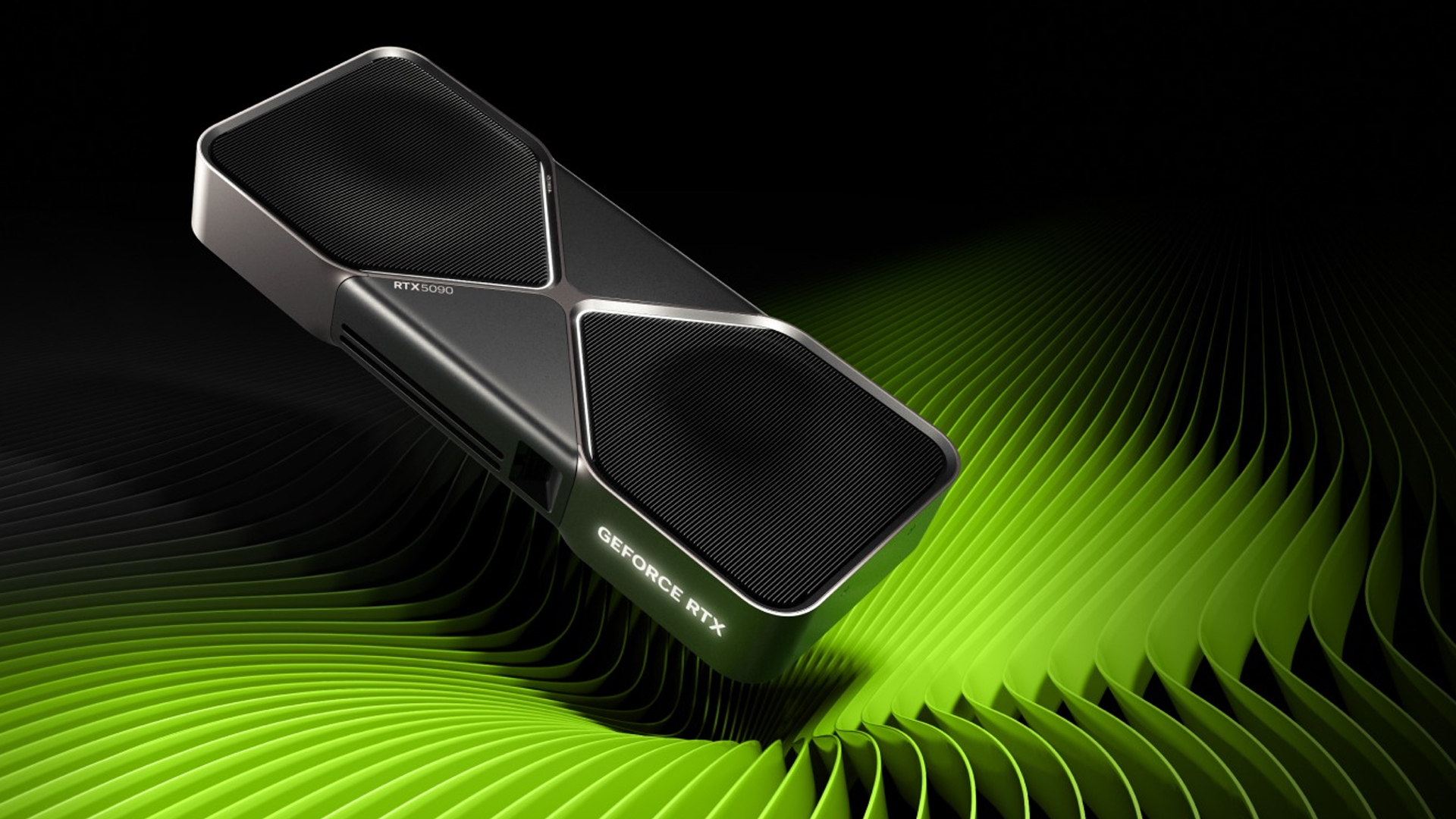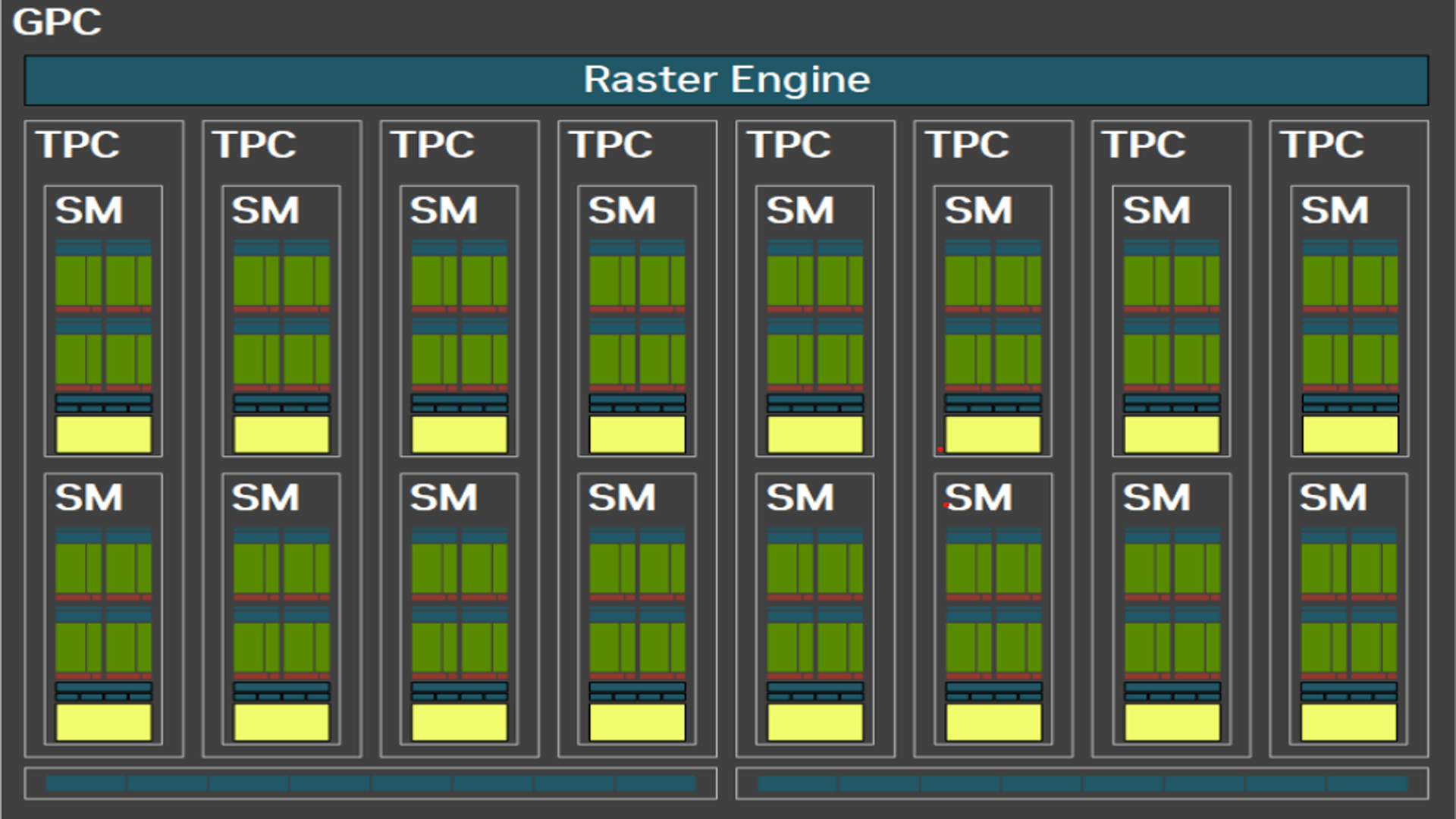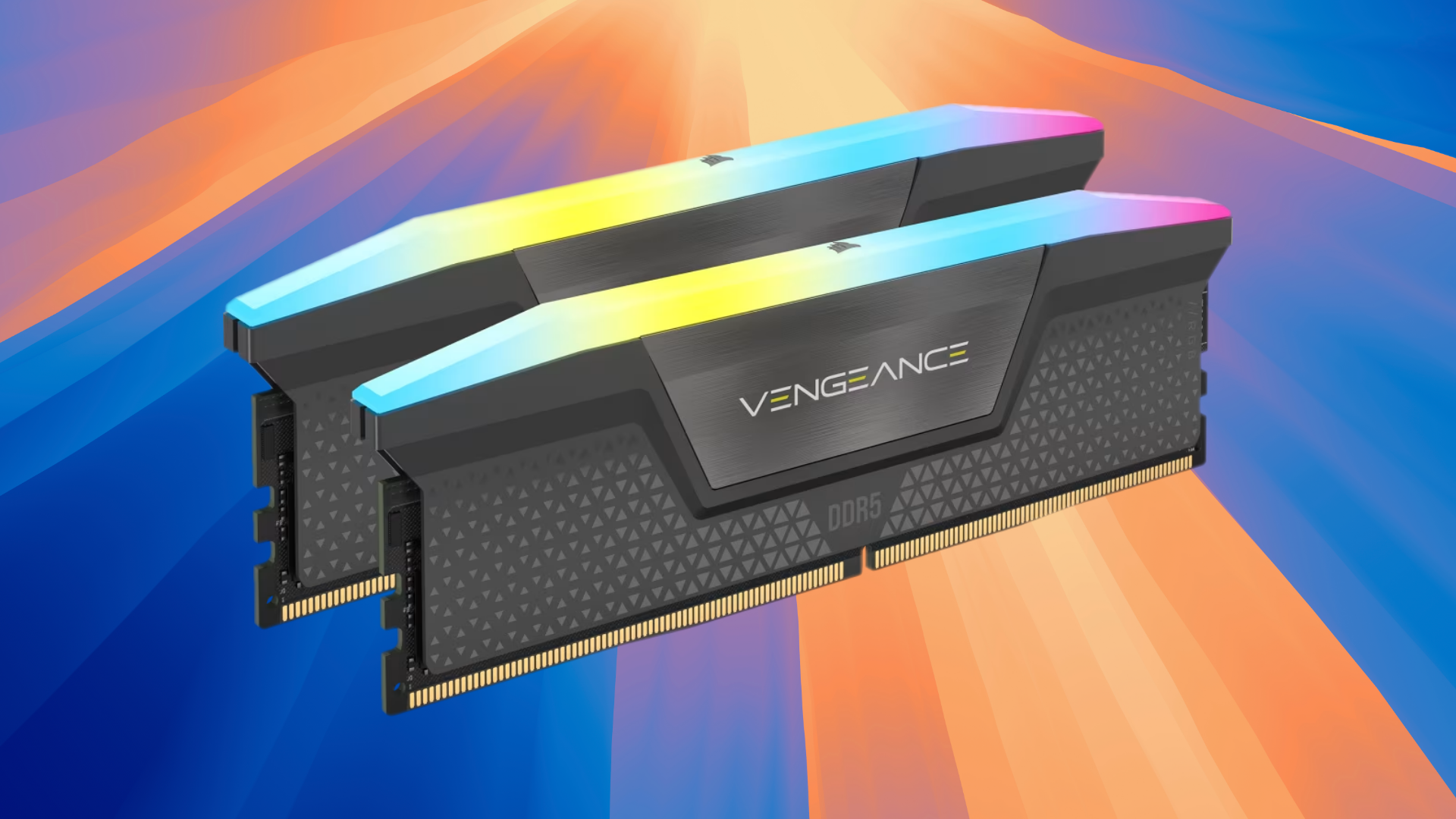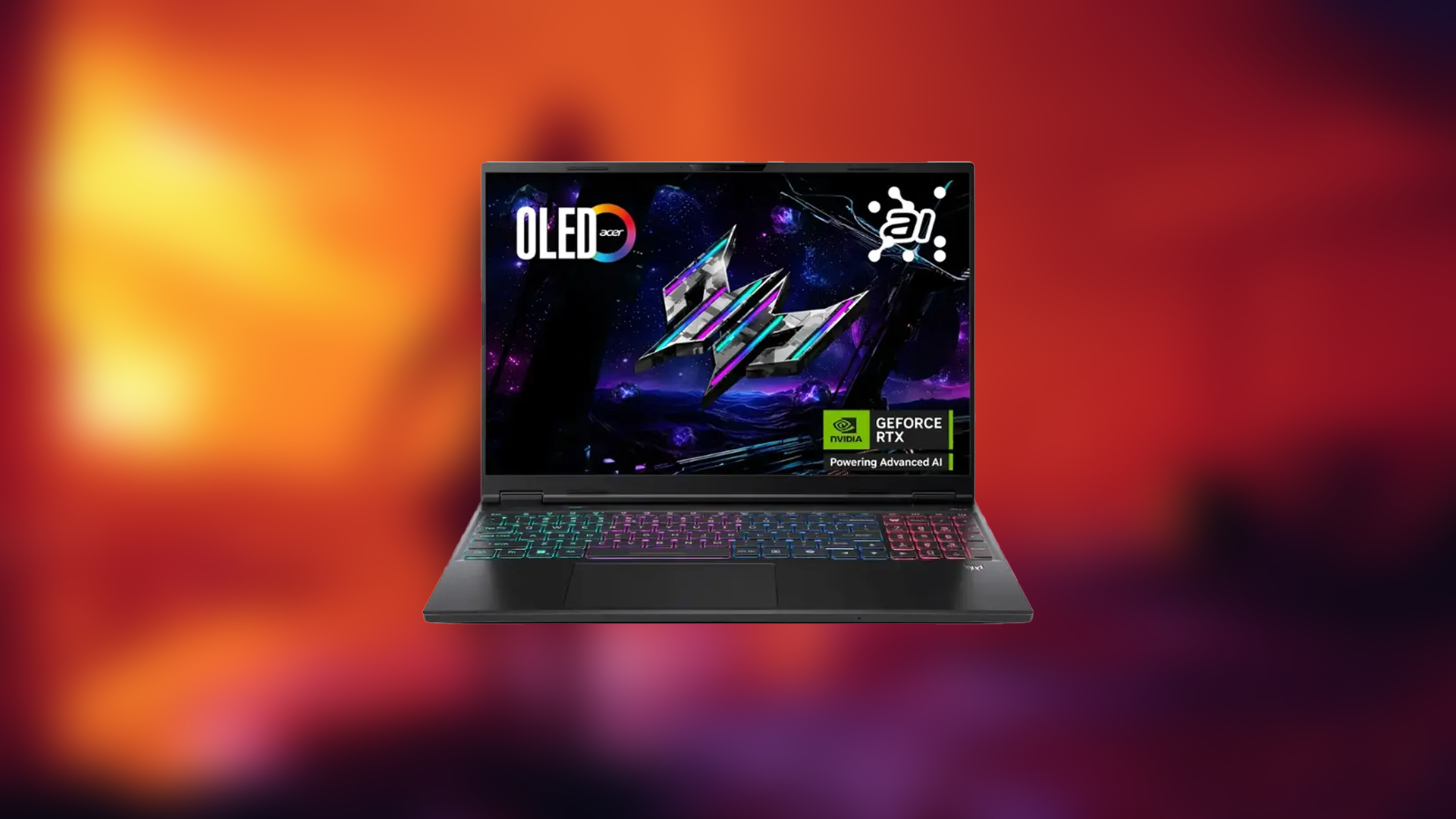Explore the controversy around NVIDIA’s RTX 50 Series launch, including missing ROP specs. Dive into the details for more.

If you’ve been a gamer long enough, you probably remember the GTX 970 “3.5GB” fiasco. Nvidia marketed the card as having 4GB of VRAM, but only 3.5GB was accessible in the cache, while the rest was in a slower memory segment. When checked, the bandwidth severely fell short. As a result, there were severe bottlenecks and stutters whenever the titles or benchmarks crossed the 3.5 GB mark.
Deja Vu, anyone? Let’s break down exactly what’s happening this time around.
What Is a ROP and Why You Should Care?

ROPs are the GPU’s backstage crew, which is more like heavy lifters. They handle pixel blending, writing pixel data to memory, anti-aliasing, and image clarity. ROPs make sure that a graphics card efficiently renders an image. Reducing the number of ROPs can lead to performance hits, particularly in scenarios heavily reliant on pixel processing.
How Did the Rops Slip Through?
RTX 5090 users noticed that their benchmarks were “off.” The card was not performing up to the mark; tech experts nailed down the hardware and found 168 ROPs instead of the 176 advertised. That’s a 4% performance deficit in graphical tasks (AI tasks were mostly unaffected).
The issue, first highlighted by forums like TechPowerUp via social media posts, was later confirmed by Nvidia to stem from a rare production anomaly. The company has since offered replacement solutions to affected users.
We have identified a rare issue affecting less than 0.5% (half a percent) of GeForce RTX 5090 / 5090D and 5070 Ti GPUs, which have one fewer ROP than specified. The average graphical performance impact is 4%, with no impact on AI and Compute workloads. Affected consumers can contact the board manufacturer for a replacement. The production anomaly has been corrected.
Nvidia
Which Cards Are Affected?
As per TechPowerUp, affected GPUs include the RTX 5090 and 5090D with 168 ROPs instead of 176.
NVIDIA GeForce RTX 5090 Spotted with Missing ROPs, Performance Loss Confirmed https://t.co/1QGmpoSigH pic.twitter.com/Uj3B6KYACO
— TechPowerUp (@TechPowerUp) February 21, 2025
The RTX 5080 with its 104 ROPs instead of 112.
NVIDIA GeForce RTX 5080 Spotted with Missing ROPs, Too https://t.co/r2vOTKnpGu pic.twitter.com/yYJWyVKRKl
— TechPowerUp (@TechPowerUp) February 24, 2025
Lastly, RTX 5070 Ti with 88 ROPs instead of 96. As tweeted by JayzTwoCents.
Statement from NVIDIA. Apparently the ROP issue affected 5070Ti as well,
— JayzTwoCents (@JayzTwoCents) February 22, 2025
We have identified a rare issue affecting less than 0.5% (half a percent) of GeForce RTX 5090 / 5090D and 5070 Ti GPUs which have one fewer ROP than specified. The average graphical performance impact is…
Community Reactiοn to Missing ROPs
Nvidia claims that only 0.5% of the units are faulty. But even a tiny spec cut hurts a lot for a $2500 “flagship” GPU. Tech enthusiasts do not miss a thing; the moment the news got out, discussion threads on TechPowerUp and other forums blew up. People are concerned not only about this specific issue but also about Nvidia’s overall quality control.
This is not the first time we have seen something like this. Remember the RTX 4090 melting power connectors debacle? Welp, history repeats itself. Aside from the missing ROPs, we also have the 5090’s power connector melting! The GPU consumes 600W of TBP (Total Board Power). Add in power resistance, and the figure clocks above 700W from the wall. Yeah. Let that sink in.
Key Takeaways
Here is what we can learn from all this:
- Always check your GPU’s specs after buying. Tools like GPU-Z can confirm if you are getting what you paid for.
- Please wait before camping out there. Waiting helps you avoid problems like this.
- Nvidia could improve its QC. Consumers expect higher quality from Nvidia, given the premium prices of their GPUs.
Even though this isn’t a catastrophic issue, like the current GPU shortage, it is still a bad look for Nvidia. When paying a hefty premium for a flagship or any model, missing ROPs are the last thing we want to see, simply due to a manufacturing oversight.
Looking For More Related to Tech?
We provide the latest news and “How To’s” for Tech content. Meanwhile, you can check out the following articles related to PC GPUs, CPU and GPU comparisons, mobile phones, and more:
- 5 Best Air Coolers for CPUs in 2025
- ASUS TUF Gaming F16 Release Date, Specifications, Price, and More
- iPhone 16e vs iPhone SE (3rd Gen): Which One To Buy in 2025?
- Powerbeats Pro 2 vs AirPods Pro 2: Which One To Get in 2025
- RTX 5070 Ti vs. RTX 4070 Super: Specs, Price and More Compared
- Windows 11: How To Disable Lock Screen Widgets
 Reddit
Reddit
 Email
Email


